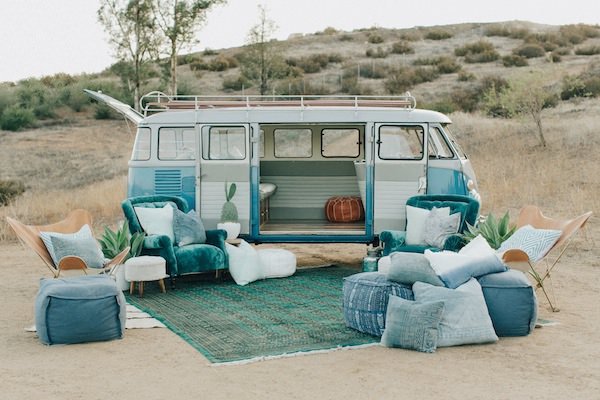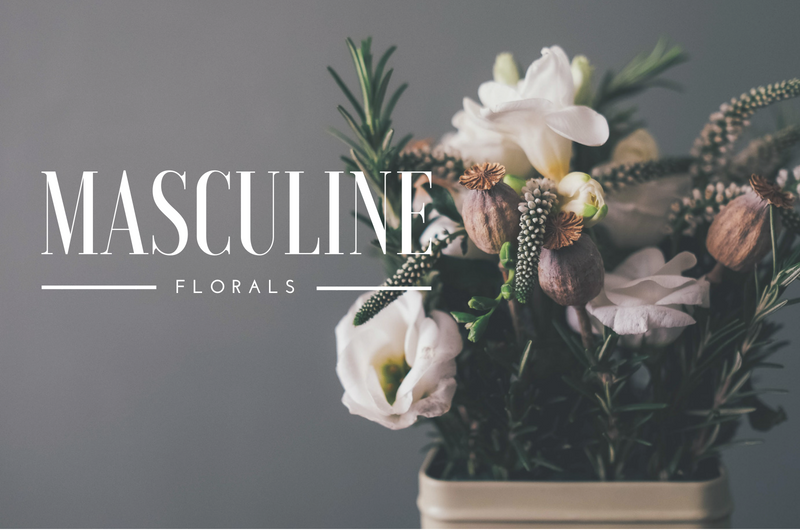More than just a fun design opportunity, lounge areas provide a room away from the main event for guests to escape when the sounds, lights or crowds of a wedding become overstimulating.
Weddings can be overwhelming for everyone, especially guests with neurodivergence. Autism, sensory processing disorder (SPD), and obsessive compulsive disorder (OCD) are just a few examples of neurodiversity that can make attending weddings and events difficult for guests of all ages.
“We know that 1 in 20 children have SPD, and SPD isn't a childhood disorder as so many people sadly assume,” shares Rachel S. Schneider, M.A., MHC, SPD advocate and award-winning author. “Many of us went undiagnosed for decades because the terminology just didn't exist to explain how we experienced the sensory world around us.”
And if you think sensory accommodations do not apply to your guests, think again. Creating a welcoming space at your wedding is not just for guests with autism or sensory processing disorder.
“In addition to SPD and autism, sensory stimuli may also be triggers for individuals with PTSD, anxiety, and/or other mental health conditions,” explains Kira Bender, MS ORT/L, a pediatric occupational therapist specializing in working with children and young adults on the autism spectrum. “Many of these disabilities are ‘invisible,’ which means they cannot be easily observed; you may have loved ones with disabilities that you are not aware of. Creating options will allow your entire community to celebrate together.”
Inviting guests to your wedding is inviting them to celebrate with you. Never assume you know a person’s sensory limits or anxiety triggers. Instead, plan to be accommodating to help guests enjoy your big day on their own terms.
“Inclusion is about ensuring that when an invitation is extended, consideration is also made to guarantee that the invited guest is able to participate in a way that feels whole to them,” says Amaris Avellan, M.A, Registered Psychological Assistant & Clinical Psychology Ph.D Doctoral Candidate. “For a wedding, this might be a couple in the planning stage taking the opportunity to add a statement like, ‘If you or any guest in your party has differing needs or sensory sensitivities that will need accommodations, please share them below and we will work to make our gathering enjoyable and inclusive for all,’ when they are inquiring about attendance, food preference or sensitivities.”
Even if the responses come back with no feedback, continue to plan for a sensory-friendly space. Not everyone with needs feels comfortable sharing them, especially when there is fear of being singled out. Designing an inclusive space should not be viewed as doing work to accommodate one or two people and it is not your guests’ responsibility to plan the space for you or become your sounding board for questions of what to include in your lounge.
Wondering how to create an inclusive lounge space? Start by skipping the title of “lounge” entirely.
“When people hear the term “lounge area,’ the typical idea is a space where people can casually gather and socialize, so it makes sense that an area like this might be considered unnecessary or even divisive to the overall ambiance of the nuptials,” advises Avellan. “A more inclusive perspective on the benefits of ‘common room’ or ‘sitting room’ may come into view when we think of the space as a neurodivergent guest might see it, an escape or quiet zone.”
Providing a space for guests to go when they are feeling overstimulated allows them to slip out as needed without drawing attention to their discomfort. Whether guests are looking for a quiet area when the DJ starts to play or a spot to be alone when the social anxiety of cocktail hour is too much, having a space available that isn’t a bathroom stall or a parked car can make a world of difference to your guests.
As you tour venues, ask what lounge spaces they offer. Look for a dedicated room away from the noise, not an open area right outside the main hall or an empty closet that the venue says you can use.
“Specific things to consider are low wattage and non-fluorescent lighting, spaces that are distanced from loud sound effects, music, or other DJ announcements, seating that is supportive to different body styles and comfort preferences, visible and easily accessible wall chargers for assistive devices, and locations that are free from incoming olfactory (smell) stimuli like food or strong perfumes,” recommends Avellan.
While this checklist can seem like a big ask of couples already experiencing their own stress during wedding planning, creating a welcoming wedding environment gives your guests the opportunity to have a good time, making it positive experience for everyone involved.
Most importantly, remember that neurodivergent individuals are trying their hardest to take part in your wedding celebration. Your guests do not need the added concern of you being upset if they need to step out or leave early. Everyone deserves to feel comfortable and included on your wedding day.
Written by Emily Rochotte













You must be logged in to post a comment.